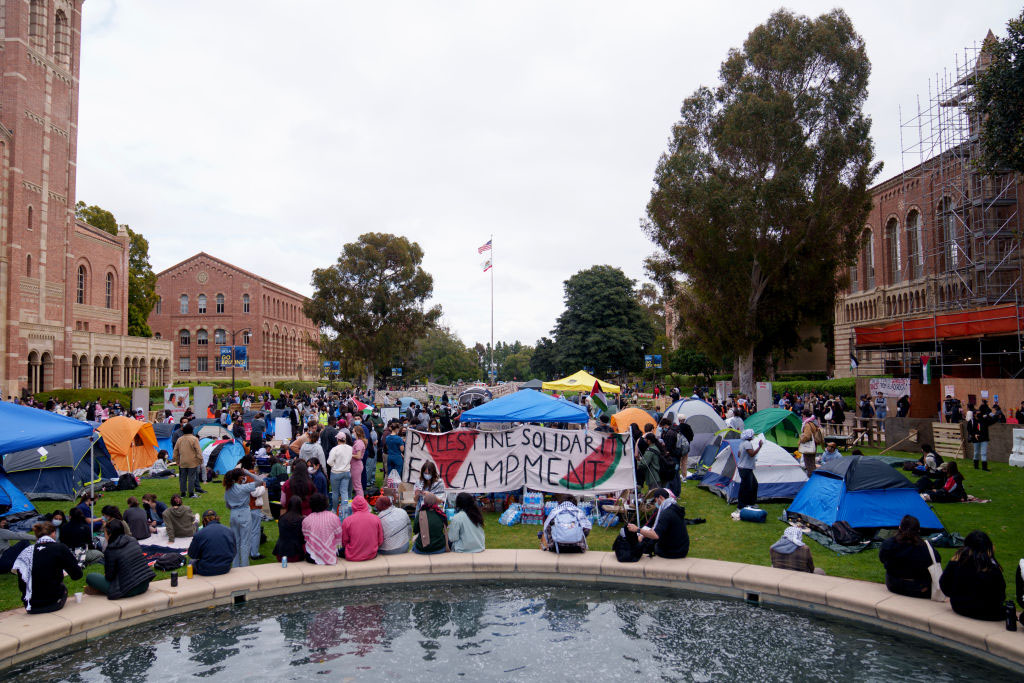
Three Jewish students filed a lawsuit against UCLA on June 5 over the university’s handling of the pro-Palestinian encampment.
The three students are identified as Yitzchok Frankel, Joshua Ghayoum and Eden Shemuelian; The Becket Fund for Religious Liberty and Clement & Murphy, PLLC filed the lawsuit on behalf of the students.
The lawsuit refers to the encampment as a “Jew Exclusion Zone” that was first erected on April 25 in Royce Quad, which was described as “one of the most-frequented areas on campus where students gather during the day and between classes” and “considered ‘the symbol of UCLA,’ distinguished by its impeccable beauty.’’ The lawsuit alleged that members of the encampment “chanted antisemitic slurs like ‘this is the final solution,’ ‘f— Israel,’ ‘death to Jews,’ ‘death to Israel,’ ‘intifada revolution,’ and ‘from the River to the Sea’” and used “antisemitic imagery” such as “inverted red triangles, a common image used by Hamas to denote Jewish targets” and “signs with the Star of David crossed out.”
Additionally, the encampment established checkpoints where people could only be let through if they acquiesced to the encampments’ demands of urging for “an end to the occupation and genocide in Palestine” and for the university to cease ties with Israeli universities. Even then, the encampment would only allow someone to enter if a member of the encampment could “vouch” for them, at which point they would be given a wristband to enter. The encampment would not let any Zionist students enter and did not allow students to enter if they simply wore a Star of David necklace, per the lawsuit.
“On information and belief, a case manager within UCLA’s Office of Equity, Diversity, and Inclusion called a UCLA student on or about May 20, 2024, and asked the student if he was ‘aware that the protesters had an agreement with the University to screen students based on their viewpoints,’” the lawsuit alleged.
The lawsuit proceeded to accuse UCLA of directing university police “not to intervene in the disturbances on campus, including with respect to the encampment and the Jew Exclusion Zone,” citing an April 29 phone call between a parent and a university police dispatcher in which the dispatcher said: “The police are not intervening with that right now, and this is coming from the University. So if you had any questions or concerns, you would take it with the University itself… We have received a directive to not intervene at this time, yes.” Additionally, the lawsuit claimed that the university hired private security around the encampment who “directed students away from the encampment and, in some cases, stated that they needed permission from the activists to access the encampment, essentially acting as force multipliers to the activists manning the barricades.” The security turned away two of the plaintiffs, Ghayoum and Shemuelian, the lawsuit alleged.
The lawsuit also claimed that there are faculty members who supported the encampment, even going as far holding classes and study sessions inside the encampment.
Members of the encampment engaged in acts of violence against those that disagreed with them, highlighting April 28, 2024, when a “female student suffered a concussion after clashing with an encampment member … That same night, another female student was pepper-sprayed by a member of the encampment.”
In an email sent to the campus community in response to the event, Chancellor Gene Block wrote that the encampment was “unauthorized” and had resulted in “instances of violence completely at odds with our values” and “students on their way to class [being] physically blocked from accessing parts of the campus.” The email also noted that many students felt “bullied, threatened, and afraid … especially our Jewish students, in a state of anxiety and fear,” per the lawsuit. But the university didn’t take action to clear the encampment until the night the encampment was attacked by counterprotesters on April 30-May 1. Even after the encampment was cleared on May 2, groups involved like Students for Justice in Palestine (SJP) insisted that they “will not rest”; on May 6 and 13, pro-Palestinian protesters tried to occupy Moore Hall and block two campus parking structures, respectively; there was an attempt to establish a second encampment on May 23 that was thwarted by law enforcement.
The lawsuit then covered the experiences of the plaintiffs. Frankel, a UCLA law student and Orthodox Jew, was allegedly approached by “a masked female student” on April 25 who held an inverted red triangle sign at his face while Frankel was participating in a peaceful pro-Israel rally. Subsequently, “masked participants in the encampment left the encampment and surrounded these observers, including Frankel, tearing at their signs and pushing them.” “Security not only failed to intervene, it actively assisted the encampment participants,” the lawsuit alleged. “A UCLA security guard brought out metal barricades and directed other staff to set up the barricades around the protesters — in effect expanding the protected area of the encampment and leaving Jewish students including Frankel stranded inside … Later, three masked female students holding a triangular red bike light stood in front of Frankel, mocking him and taking pictures.”
Ghayoum, a second-year undergraduate student who is also religious, was blocked twice by the encampment from getting to his desired destination; the first time, he had planned to study at Powell Library, but left when security would not let him through. The second time, he was going to meet a friend at Ackerman Union, when he was stopped by a man at Janss Steps who told him he could not continue forward without a wristband. “Ghayoum attempted to continue walking, but the individual signaled for three other male individuals of the same approximate age to join him,” the lawsuit stated. “The four men stood in a line in front of Ghayoum, repeatedly demanding to see his hands and wristband and telling him he could not walk down Janss Steps. The four men aggressively walked toward Ghayoum, forcing him to walk backward away from the Steps. Occasionally, the activists made physical contact with Ghayoum.” Ultimately, Ghayoum decided to cancel meeting with his friend.
Ghayoum’s history professor allegedly held extra office hours near the encampment as a means to give encampment members a chance to meet with him and also scheduled a “teach-in at or near the site of the encampment” instead of having regular class; Ghayoum allegedly told students the teach-in wasn’t mandatory because “there are folks so traumatized by the fascist/zionist/police assaults on those very grounds that returning can be triggering.”
Further, Ghayoum has a class held at Haines Hall, which is near Royce, and because the encampment made him feel unsafe, he skipped “at least four days of class” at Haines and listened to recordings of the lecture instead.
The last plaintiff, Shemuelian, is a law student and an observant Jew. According to the lawsuit, she and other students donning “Jewish garb such as kippahs and Stars of David or holding Israeli flags” observed the encampment on April 26; Shemuelian alleged that a member of security told her that she needed to leave if she wasn’t going into encampment (Shemuelian was just watching in silence). She also accused multiple security members of mocking her and other Jewish students, “laughing at a male student singing in Hebrew who was yelled at by activists, jeering at the students when they professed anger at not being able to pass through, and repeatedly telling Shemuelian and the other Jewish students that they needed to leave.”
Additionally, Shemuelian alleged that she had to park near the encampment due to parking restrictions to get to her law classes and had to walk by the encampment and was forced to hear “antisemitic chants” and see “antisemitic signs in her face.” She claimed that her request that she not come to campus for her final exam due to safety concerns from the encampment was denied and appeals for reconsideration ignored.
The lawsuit contended that the university’s handling of the encampment was inadequate and cost the plaintiffs equal access to educational opportunities as well as caused the plaintiffs emotional and physical distress; therefore, the lawsuit argued that the university violated state and federal laws protecting free speech and civil rights.
“If masked agitators had excluded any other marginalized group at UCLA, Governor Newsom rightly would have sent in the National Guard immediately,”Becket President and CEO Mark Rienzi said in a statement. “But UCLA instead caved to the antisemitic activists and allowed its Jewish students to be segregated from the heart of their own campus. That is a profound and illegal failure of leadership … This is America in 2024 — not Germany in 1939. It is disgusting that an elite American university would let itself devolve into a hotbed of antisemitism. UCLA’s administration should have to answer for allowing the Jew Exclusion Zone and promise that Jews will never again be segregated on campus.”
George Mason University Professor David Bernstein posted on X “I was wondering when a serious lawsuit would hit UCLA over its toleration of, and indeed collaboration with, a pro-Hamas encampment which closed off parts of campus to anyone, especially Jews, whom the encampers didn’t approve of,” adding that “even before this lawsuit was filed, it was widely reported that UCLA had instructed its security to work with the encampment rather than helping students exercise their right to not have their movement on campus restricted by the pro-Hamas thugs. I don’t see how UCLA wins this one.”
In a later post, Bernstein wrote that he’s “a bit surprised that, though the complaint notes several times that miscreants were masked, it does not note that masking to conceal identity is a crime in California”
I was wondering when a serious lawsuit would hit UCLA over its toleration of, and indeed collaboration with, a pro-Hamas encampment which closed off parts of campus to anyone, especially Jews, whom the encampers didn't approve of. It's here, brought by the Becket Fund on behalf…
— David Bernstein (@ProfDBernstein) June 6, 2024
I am a bit surprised that, though the complaint notes several times that miscreants were masked, it does not note that masking to conceal identity is a crime in California. https://t.co/sfPKcyphb7.
— David Bernstein (@ProfDBernstein) June 6, 2024
UCLA Vice Chancellor for Strategic Communications Mary Osako said in a statement to The Journal, “We are aware of the lawsuit that has been filed, which to our knowledge, has not yet been served. We will review and respond in due course. UCLA remains committed to supporting the safety and well-being of the entire Bruin community.”







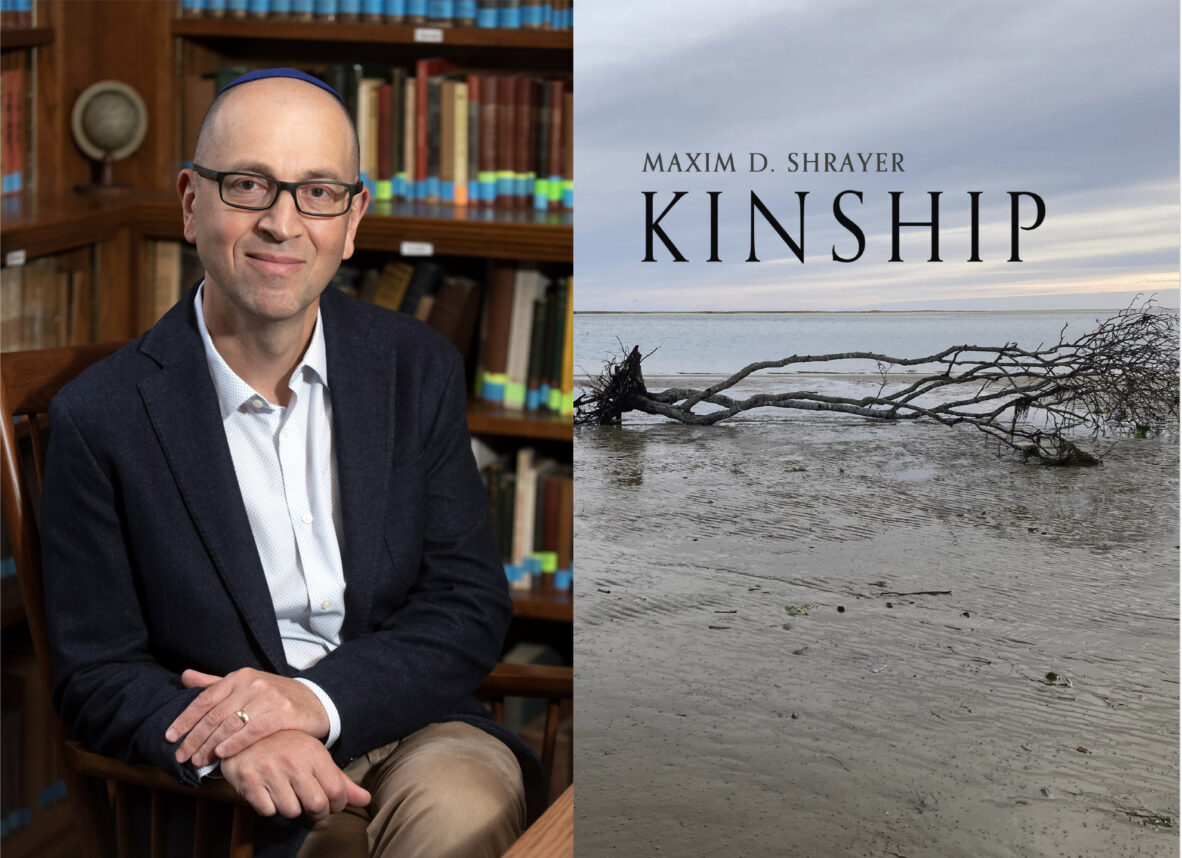
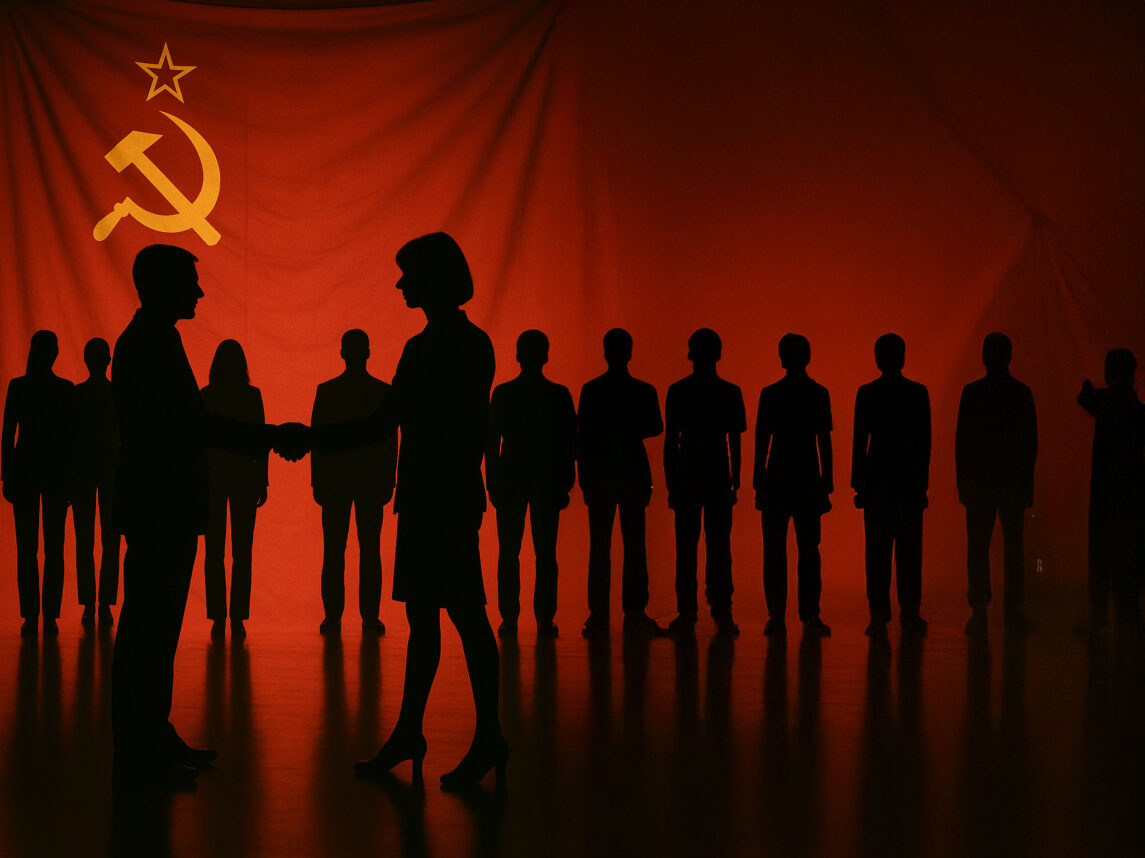
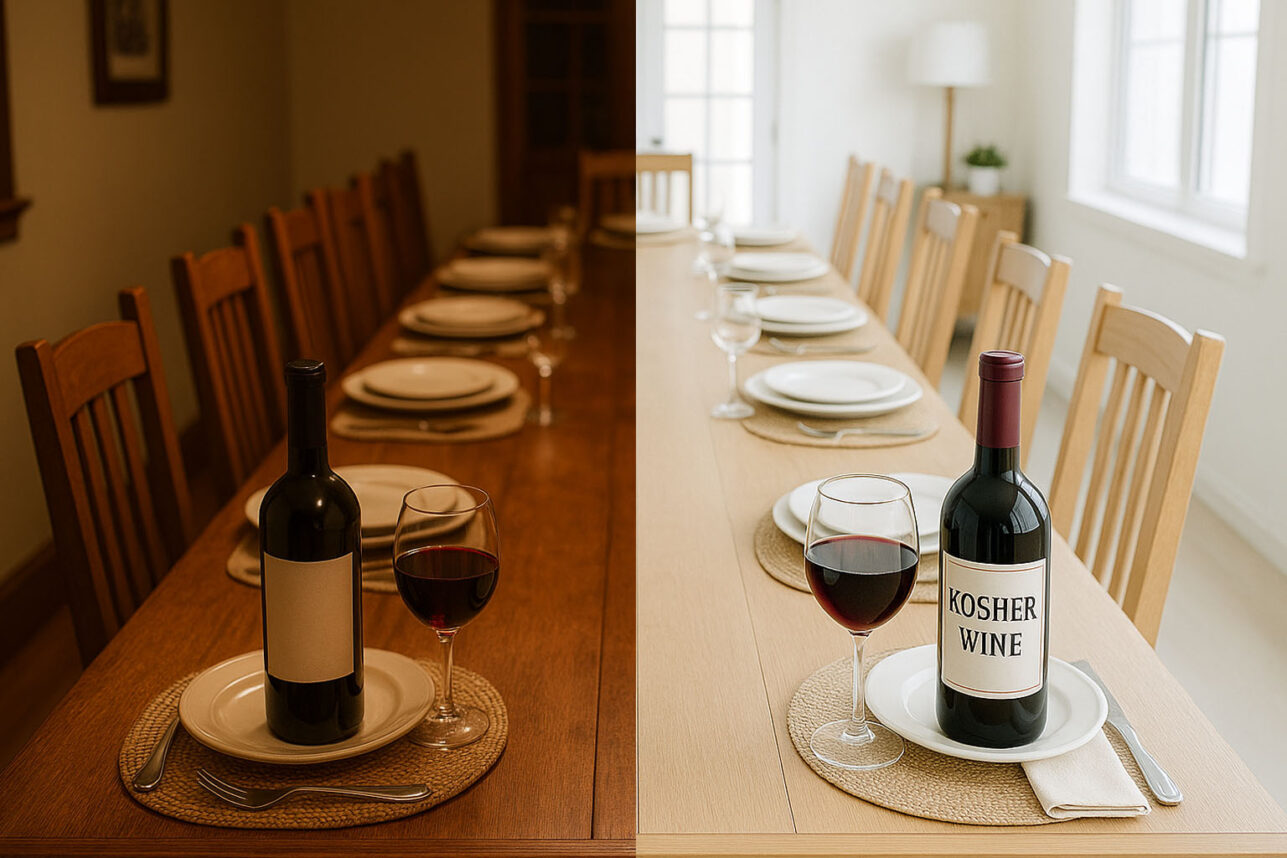
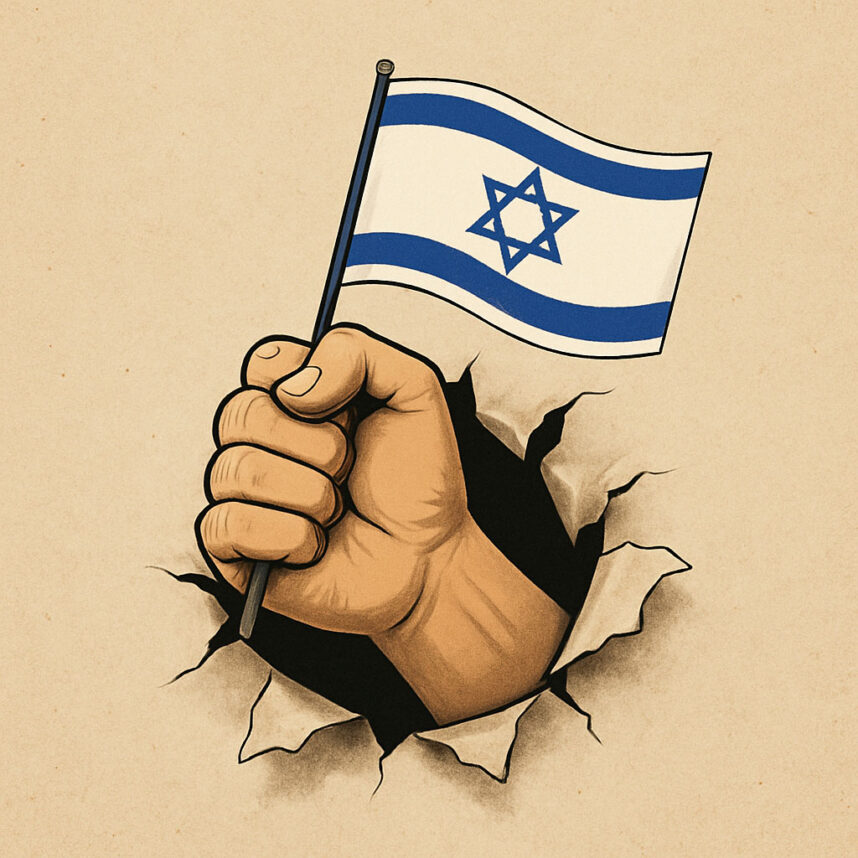
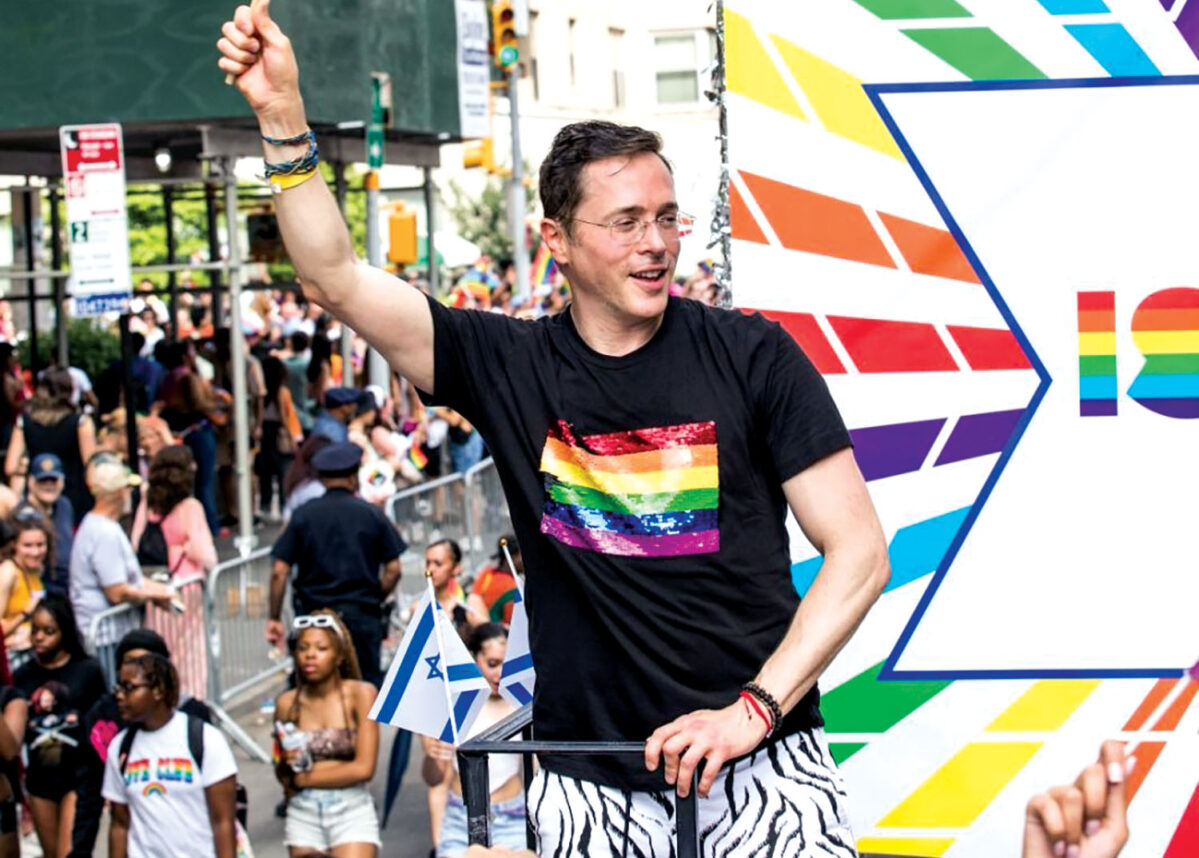
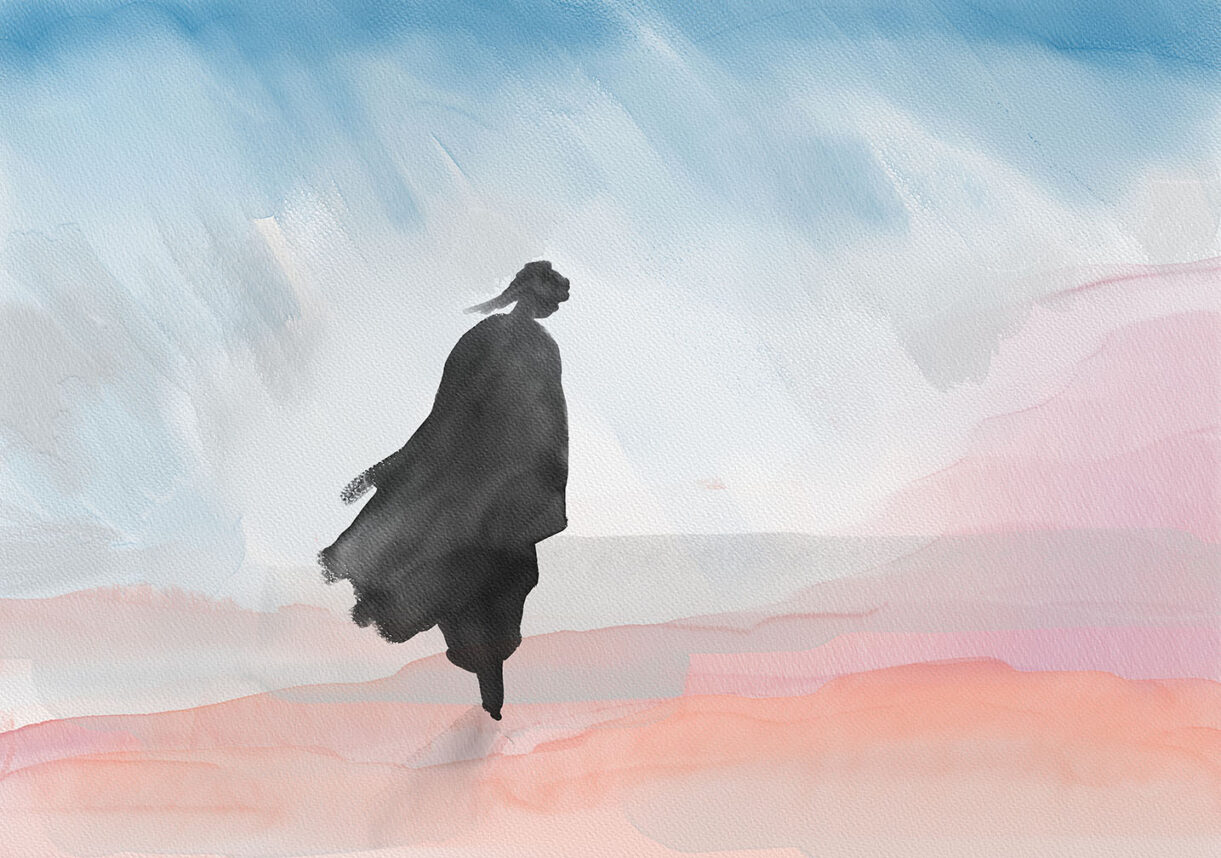

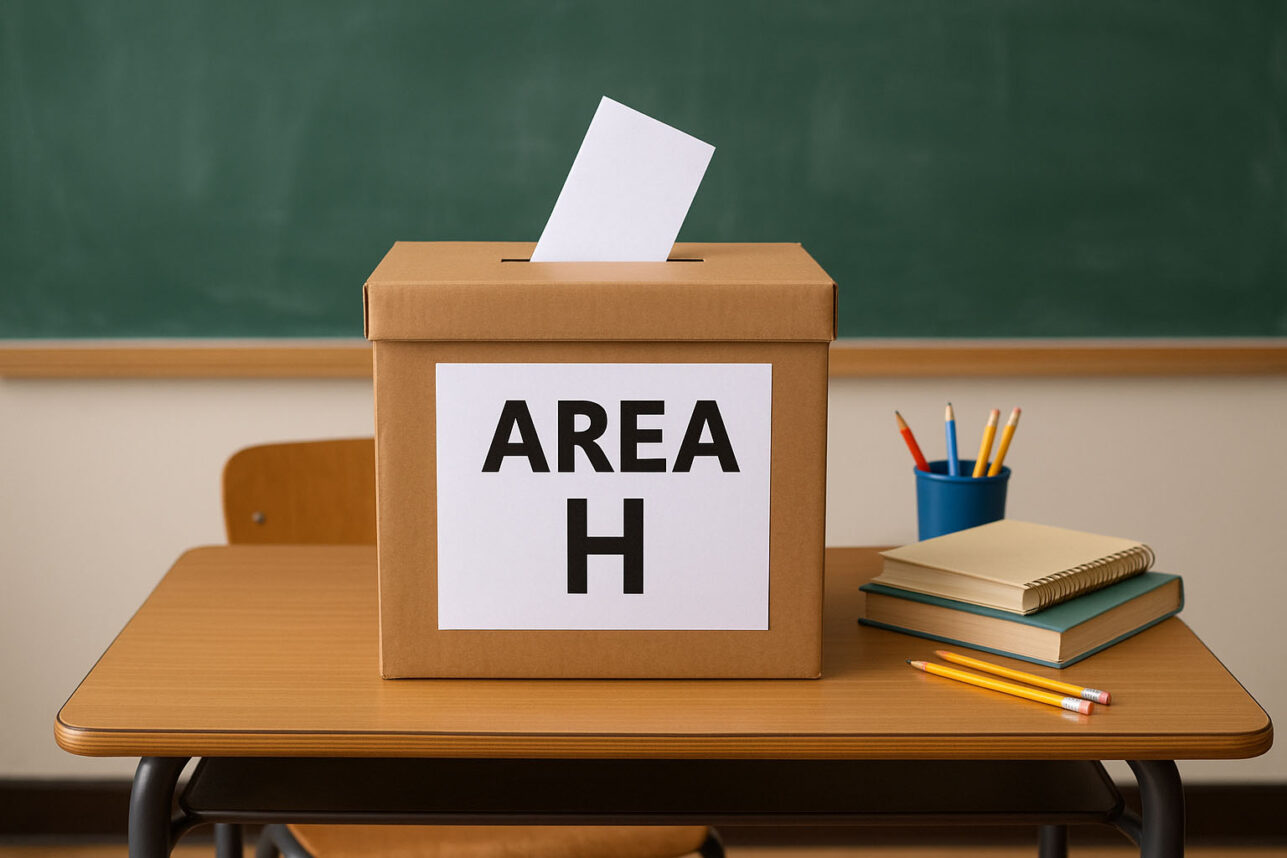
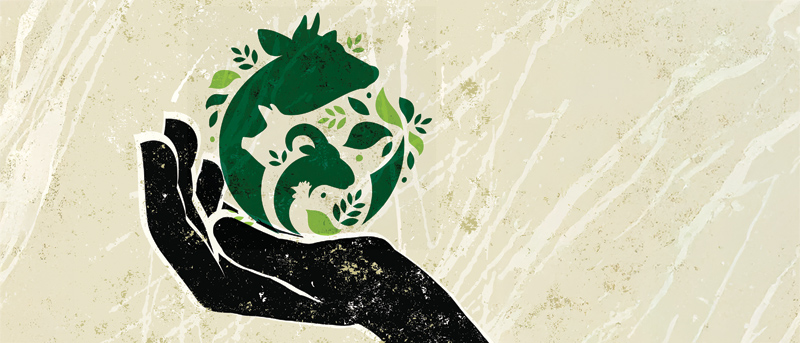
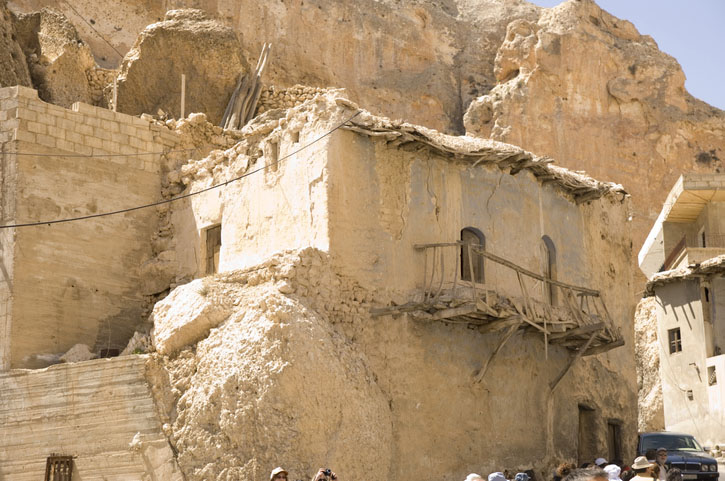




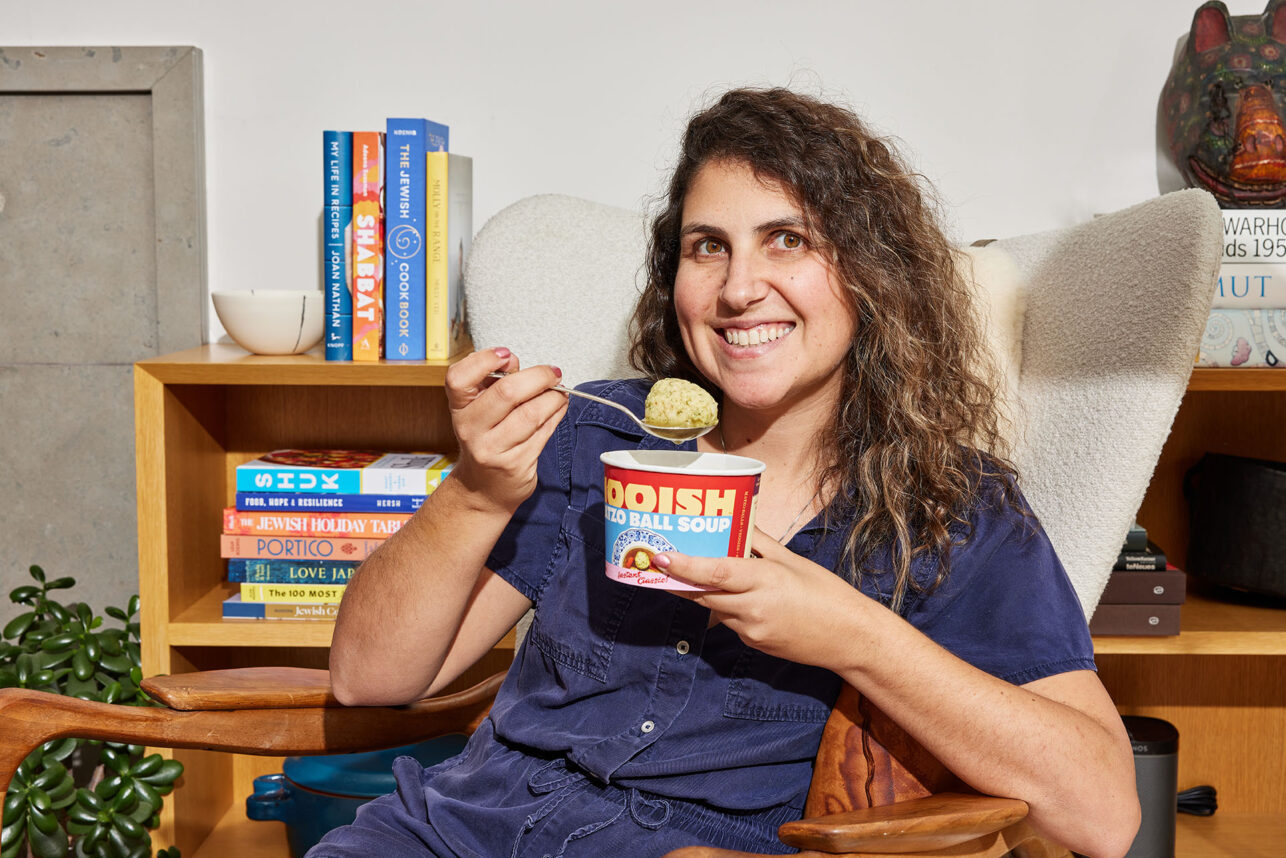


 More news and opinions than at a Shabbat dinner, right in your inbox.
More news and opinions than at a Shabbat dinner, right in your inbox.